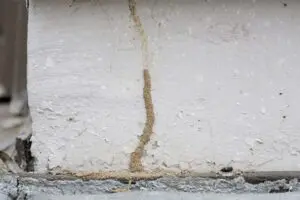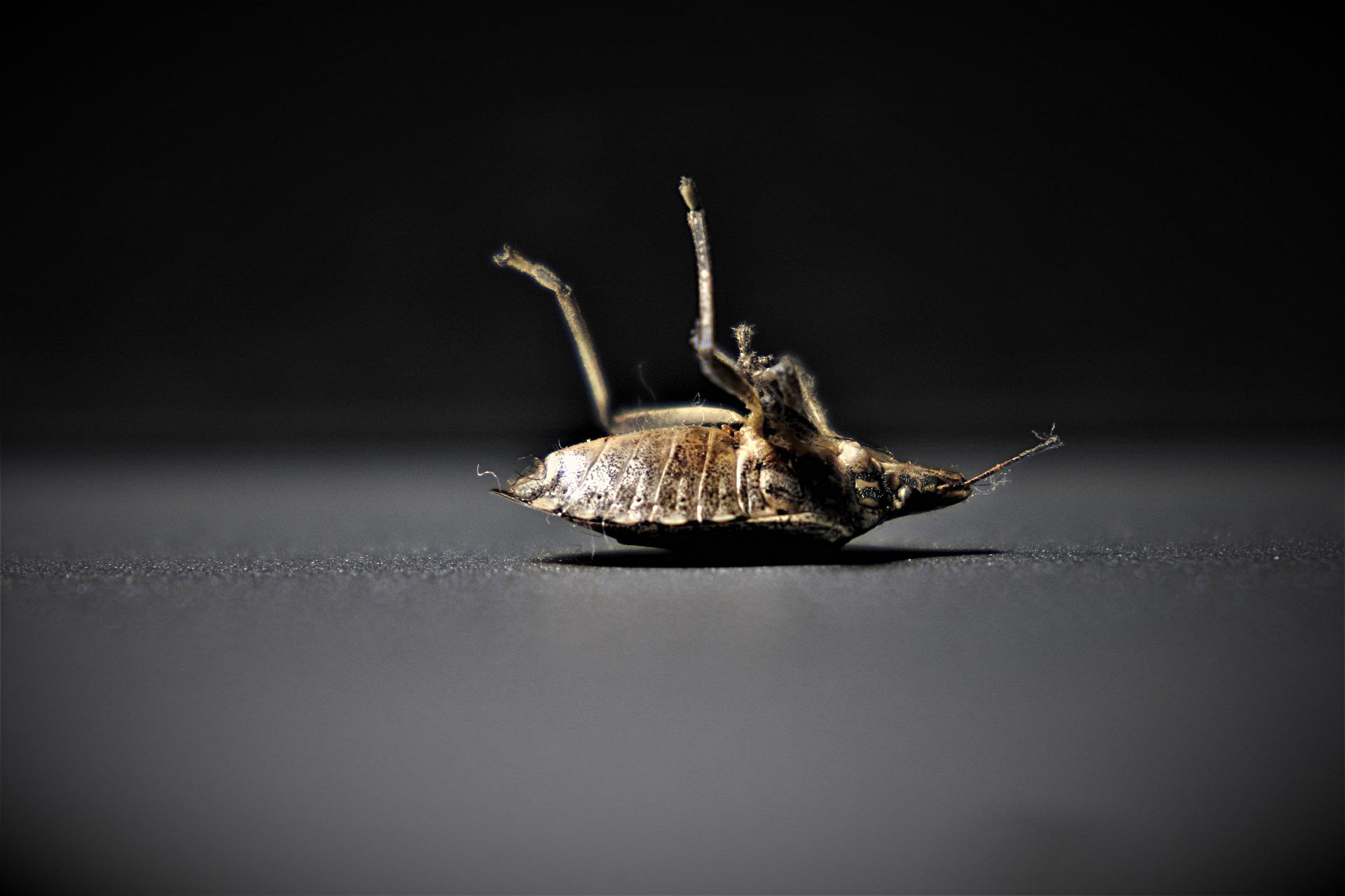

New Jersey has been facing a bed bug infestation recently. Just the mere mention of these pests is enough to send anyone into a panic. Bed bug bites often feel itchy and uncomfortable. They multiply rapidly and are difficult to eradicate without proper bed bug treatment. In addition, because they are hitchhikers, bed bugs can be spread easily from one place to another. If you find one, does that mean there are more? What should you do if you stumble upon a single bed bug in your home? What Causes Bed Bugs?
First: Remain Calm & Check for Dead Bed Bugs. You don’t necessarily have a problem if you’ve spotted one bed bug or even found dead bed bugs in your home. It’s possible that you picked it up from somewhere else, and you should remain calm. Bed bugs are expert hitchhikers, which means they spread easily from location to location by latching onto clothes, luggage, and even used furniture.
Many people ask, "Can you have one bed bug?" While it's unlikely, it’s important to remain vigilant, as one bed bug could indicate more hiding nearby. Poor sanitation, while not a direct cause, can also make bed bug infestations harder to manage as clutter provides more places for them to hide.
How Can Bed Bugs Be Harmful to Your Health?
Bed bugs aren’t known to carry diseases, but their bites can lead to physical and psychological issues. Physically, bed bug bites cause itching, redness, and in some cases, allergic reactions. Scratching can also lead to secondary skin infections. Psychologically, living with a bed bug infestation can lead to anxiety, insomnia, and stress, as these pests often disturb sleep and create feelings of discomfort.
Early Signs of Bed Bugs
One bed bug might not seem like a problem, but it can be an early sign of a larger infestation. Bed bug bites usually appear as red, itchy welts in a linear pattern on exposed skin. Another early sign is the presence of dark spots on your bedding, which could be bed bug feces. You might also notice tiny, white eggs or shed skins. In some cases, a musty odor is associated with a severe bed bug infestation.
How to Check for Bed Bugs
Before you take any other action, it’s essential to do a thorough inspection for signs of bed bugs. Look in and around your bed, as bed bugs often hide in the seams of mattresses, bed frames, and pillows. As mentioned earlier, you should also look for feces, eggs, and dead bed bugs. Don’t forget to check furniture, curtains, and even electrical outlets. If you don’t find anything during your first search, wait a few weeks and check again, as there could be eggs that haven't hatched yet.
Where Do Bed Bugs Hide?
Bed bugs tend to hide in small, dark spaces close to where people sleep. Common hiding spots include mattress seams, box springs, headboards, and bed frames. However, bed bugs can also be found in more unusual places such as under wallpaper, inside picture frames, behind baseboards, and in electrical outlets. They are also known to hide in furniture cushions, curtains, and even behind loose wallpaper or wall décor.
How Do You Get Bed Bugs?
Bed bugs are usually brought into the home from an outside source. Hotels, public transportation, and used furniture are common culprits. Since bed bugs are excellent hitchhikers, they can latch onto clothing or luggage, quickly spreading to your home. A single bed bug may not necessarily cause a full-blown infestation, but it’s important to remember that they can multiply quickly under the right conditions. Therefore, encountering one bed bug could potentially lead to a bed bug infestation if not addressed.
When to Hire a Pest Control Professional
If you’ve found bed bugs or have concerns about a possible bed bug infestation, it’s crucial to contact a pest control company. As previously mentioned, dealing with bed bugs on your own can be incredibly challenging.
Excel Termite & Pest Control offers free inspections to assess the situation. If our technicians spot any signs of bed bugs, we will guide you on the next steps. It's important to act quickly and professionally, as bed bugs are notoriously difficult to eliminate without specialized treatment.
How to Get Rid of Bed Bugs
There are DIY methods for managing bed bugs, but they are often less effective. You can start by vacuuming areas where bed bugs hide and washing your bedding in hot water. Bed bug mattress protectors are also helpful in preventing them from accessing your mattress.
However, professional extermination is often the most reliable way to get rid of a bed bug infestation. Excel Termite & Pest Control uses advanced techniques and treatments to eradicate these pests from your home, ensuring that they do not return.
Summary
Dealing with bed bugs can be a nightmare, but with the right knowledge and action, you can protect your home from an infestation. If you’ve spotted one bed bug or suspect there might be more, start by checking for signs of an infestation, practice preventive measures, and don’t hesitate to reach out to a professional if needed.
For more information, visit our Bed Bugs FAQ page or contact Excel Termite & Pest Control for commercial and residential pest control as well as an inspection.






